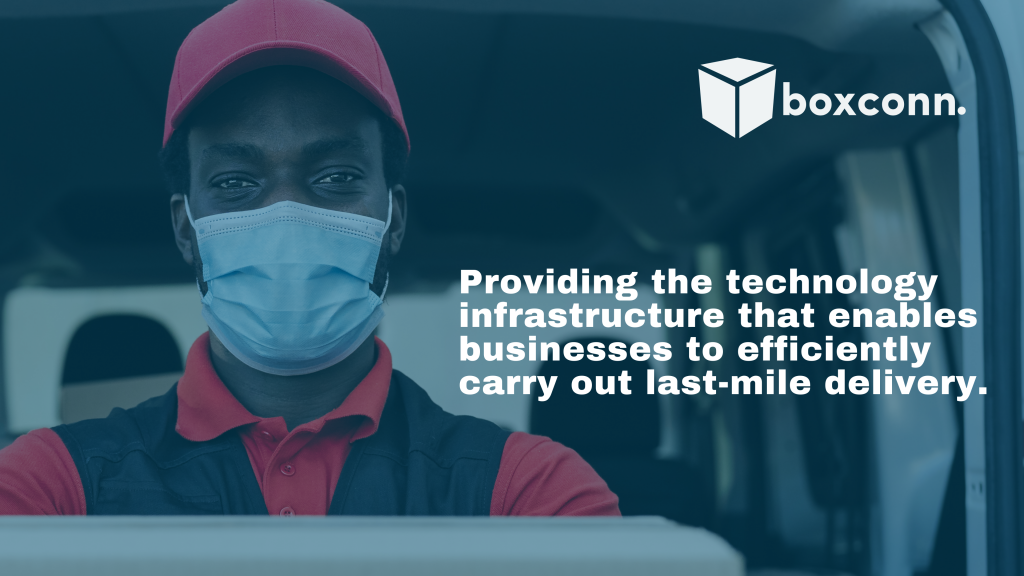Boxconn plans aggressive expansion across Africa after facilitating thousands of deliveries in Nigeria and Botswana

Boxconn is a Ghanaian logistics software platform that enables businesses and individuals to deliver on-demand. It provides a white-label delivery service that allows businesses to promote delivery through their own channels while also gaining access to an on-demand fleet of riders.
The e-logistic start-up was founded in January 2021 by Emmanuel Asamoah, Hafeez Babatunde, Ibrahima Mounkoro, Nimrod Kgosimore – a team formed during the MEST Africa program in Accra.
Emmanuel Asamoah the co-founder and business lead at Boxconn explained, “We realized that businesses needed a logistics software management tool that provided them with more than just on-demand delivery.”
“We realized that businesses required a centralized platform to manage all of their logistics while receiving delivery orders through their own channels.” This saved them a lot of money and allowed them to develop stronger relationships with their clients. This applies to all sizes of businesses, from SME to enterprise.”
Boxconn has performed more than 30,000 deliveries for more than 120 companies, including Jumia and KFC, and it is already a worldwide player. The Boxconn squad is made up of Ghanaians, Nigerians, Botswanans, and Malians, thus it will be returning to familiar territory. Following the successful debut in Ghana, activities have already started in Nigeria and Botswana, with Boxconn exploring a Mali launch soon.
Asamoah also hinted that the team has lofty goals of expanding its offering, “We see this as being applicable to the entire logistics industry, from warehouses to vans to trucks.” “We’ve even talked to drone delivery companies, and we have a lot of interesting projects in the works,” he said.
MEST and a few angel investors support the firm, which generates money through subscriptions and commissions that vary based on the type of business onboarded and the exact service it offers.
“We have saved businesses that work with us over $100,000 in money that would otherwise have been lost due to commissions and inaccessibility,” Asamoah said.
“Scaling was hard at first but we cracked the code when we started listening closely to users and building what they wanted instead of what we thought was right. Users will show you what to build – it’s really as simple as that.”
